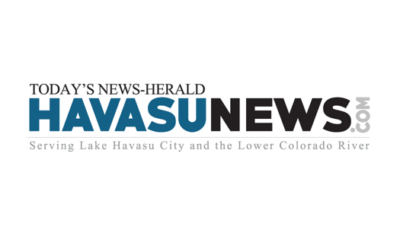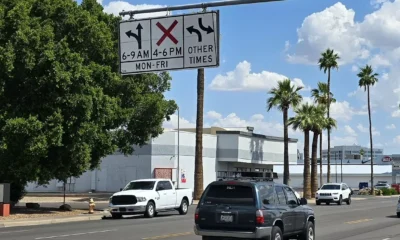arizona
School Choice Ballot Battles: Voters Weigh In as Resistance Grows in Multiple States

Supporters of school choice in Kentucky are urging voters to approve measures that would enable state-funded payments for private education, a path previously blocked by the courts. This fall, along with Colorado and Nebraska, Kentucky will face significant school choice decisions on the ballot. Advocates believe public funding can enhance parental control over educational choices, while opponents argue it could drain resources from public schools.
The school choice movement is gaining ground nationwide. Currently, 33 states, as well as Washington, D.C., and Puerto Rico, implement various school choice programs, ranging from education savings accounts to voucher systems. Critics, however, express concerns about the potential for these measures to undermine public schools. In Arizona, some voucher funds have even been applied to non-educational items like dune buggies and Legos, raising questions about the program’s integrity.
The Republican-led Kentucky legislature previously introduced a tax credit initiative for donations to nonprofits providing scholarships for private school students. Despite a veto from Democratic Governor Andy Beshear, lawmakers narrowly overrode the decision. However, Kentucky’s Supreme Court ruled the initiative unconstitutional last December, and the state remains without any operational charter schools. Advocates are now pushing for constitutional amendments to facilitate the funding of private educational options.
The proposed changes would empower lawmakers to allocate state funding for education beyond public schools, even in defiance of existing constitutional restrictions. Senator Damon Thayer, a prominent supporter, claims that these amendments would provide much-needed alternatives for families dissatisfied with public education. However, opposition group Protect Our Schools KY argues that diverting funds to private entities would exacerbate inequities, particularly affecting rural students who lack access to private options.
The issue is further complicated by instances in other states. For instance, Nebraska voters will decide on the future of a newly established education scholarship program for private institutions. State Senator Dave Murman, who supports the program, anticipates a narrow outcome, suggesting that public schools feel threatened by competition from private schools. Conversely, critics of the referendum assert that public schools are already accustomed to competition through existing enrollment options.
In Colorado, a ballot measure seeks to enshrine school choice in the state constitution, asserting parents’ rights to direct their children’s educational paths across various modalities. As existing programs face scrutiny, South Carolina’s Supreme Court recently overturned a state voucher initiative, impacting already enrolled families. In Arizona, an investigation is underway regarding the misappropriation of state funds for non-educational purposes, raising concerns about the proper utilization of school vouchers.
Additionally, a significant amount of allocated funds in Arizona remains unspent, prompting discussions about the necessity for follow-up measures to ensure effective use of educational resources. Stakeholders continue to confront the complexities of integrating school choice while ensuring public education systems remain robust and equitable.


















